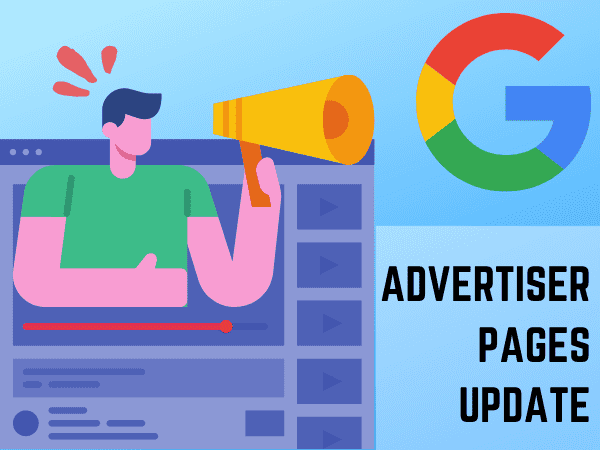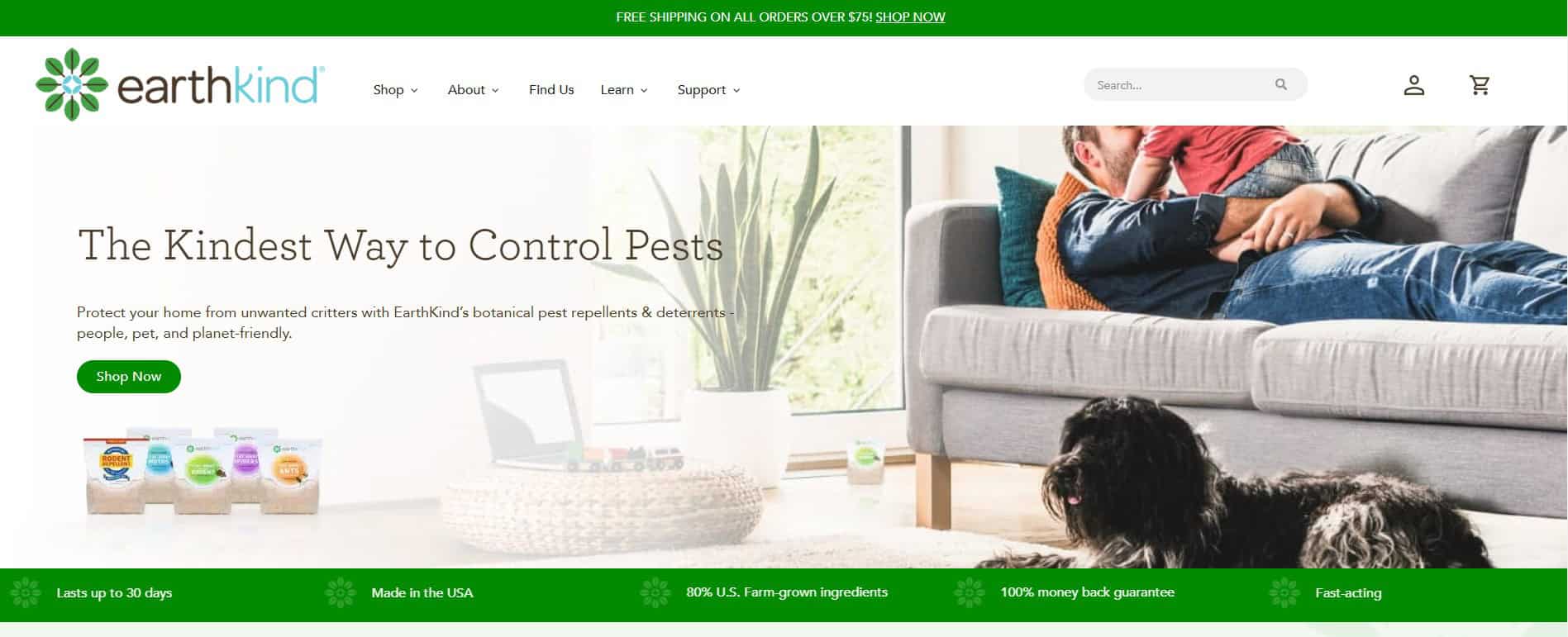

Google has been in the business in the past decade of making things more transparent for their users. The year 2011 brought users the ability to manage ad preferences and block specific advertisers from the SERPs and email. Fast forward to 2020, they expanded their 2018 identification policy for political advertisers into a full-blown advertiser identity verification program. They created this program to help users know more about the advertisers before taking any further steps to engage with their ads.
Now, they’re bringing us advertiser pages as the latest Google Ads update. According to Google’s announcement last Sept. 22, this will give more transparency and control to users. So, what’s in the advertiser pages update? And what are its implications for advertisers?
What’s in the advertiser pages
Advertiser pages is the next step of enhancement in Google’s ad disclosures, building on the verification program I mentioned earlier. In the advertiser pages, users will be able to check the ads from the past 30 days that had been run by a specific advertiser by clicking “About this ad” and “See more ads by this advertiser” as seen below.

Screenshot from Google
Let us say that you saw an ad on YouTube for a product or service and it caught your interest, but you didn’t know much about the company. You can check their advertiser pages to see their past ads and get to know them better, so you will be more informed before deciding to head off to their website to check their other services or to make a purchase.
It was also mentioned in the announcement that “users can more easily report an ad if they believe it violates one of [their] policies.” However, it is not clear yet how exactly the advertiser pages update will make reporting ads any easier since the current reporting scheme seems to be working well already.
Here is a screenshot of the “Report this ad” using my browser:

Here is a screenshot of the “Report this ad” using YouTube:

In any case, the goal of the advertiser pages is to give users better control over their ad experience, and we look forward to seeing that.
The United States will be seeing this new ad enhancement in the next couple of months. As for the rest of the world, we will be seeing this in 2022.
What its implications are for advertisers
As mentioned earlier, ads over the past 30 days will now be viewable for the user. This means that the new update lets previous ads serve as a track record for the brand.
That can be a good thing and a bad thing. If you’re an advertiser who has consistently released ads that haven’t sparked anger and controversy online for 30 days straight, then you don’t have anything to worry about. However, some companies drop the ball and release questionable ads. Take this #PandemicEffect ad of the Belo Medical Group, in which a woman gains weight, grows out her body hair, and gets acne from watching the news:

Screenshot from Manila Bulletin
The Group had to release an apology statement for the ad and at some point, had to take it down due to the significant backlash that they faced. Had the advertiser pages been released at that time, users would have seen this ad as part of the brand’s track record.
They are far from being the only one to drop the ball, however. Other examples are companies who celebrate LGBTQ+ folks during Pride Month to make sales then abandon them for the rest of the year. Numerous companies have been called out for corporatizing advocacies and turning them into branding opportunities. Now, users will be able to see which companies perform these acts as they will now have their ad track record visible to the community.
That said, companies will have to scrutinize the messaging of their ads even more before running them as the more curious and meticulous users will be able to see their previous ads through advertiser pages.
Another implication is that users will get to know you more before heading to your website, as mentioned earlier. This means that more users who will land on your website are most likely already further down the sales funnel and are interested in purchasing your products or services as they have already checked your previous ads through your advertiser pages.
Key takeaway
This upcoming enhancement of Google’s ad disclosures is a welcome update as it grants more transparency and control to the users. Google is clearly taking a proactive step in ensuring that the community will get high-quality ads from verified advertisers. As far as we can tell, only companies who aren’t as careful with their ads and their brand as they should be are the only ones who may have something to worry about. But for everyone else, this Google update could potentially lead users further down the funnel before landing on company websites.



